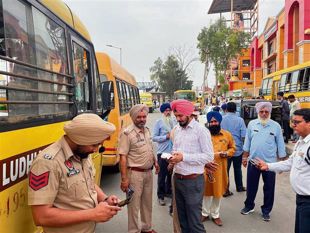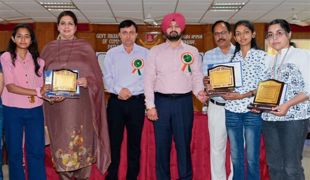
Photo source: Thinkstock
Melbourne
All galaxies, no matter how big they are, rotate once every billion years, astronomers have discovered.
The Earth spinning around on its axis once gives us the length of a day, and a complete orbit of the Earth around the Sun gives us a year.
"It's not Swiss watch precision. But regardless of whether a galaxy is very big or very small, if you could sit on the extreme edge of its disk as it spins, it would take you about a billion years to go all the way round," said Gerhardt Meurer, from of the International Centre for Radio Astronomy Research (ICRAR) in Australia.
By using simple maths, you can show all galaxies of the same size have the same average interior density.
"Discovering such regularity in galaxies really helps us to better understand the mechanics that make them tick—you won't find a dense galaxy rotating quickly, while another with the same size but lower density is rotating more slowly," Meurer said.
Researchers also found evidence of older stars existing out to the edge of galaxies.
"Based on existing models, we expected to find a thin population of young stars at the very edge of the galactic disks we studied," Meurer said.
"But instead of finding just gas and newly formed stars at the edges of their disks, we also found a significant population of older stars along with the thin smattering of young stars and interstellar gas," he said.
"This is an important result because knowing where a galaxy ends means we astronomers can limit our observations and not waste time, effort and computer processing power on studying data from beyond that point," said Meurer.
"We now know that galaxies rotate once every billion years, with a sharp edge that's populated with a mixture of interstellar gas, with both old and young stars," he said.
The next generation of radio telescopes, like the soon-to-be-built Square Kilometre Array (SKA), will generate enormous amounts of data, and knowing where the edge of a galaxy lies will reduce the processing power needed to search through the data. PTI



























